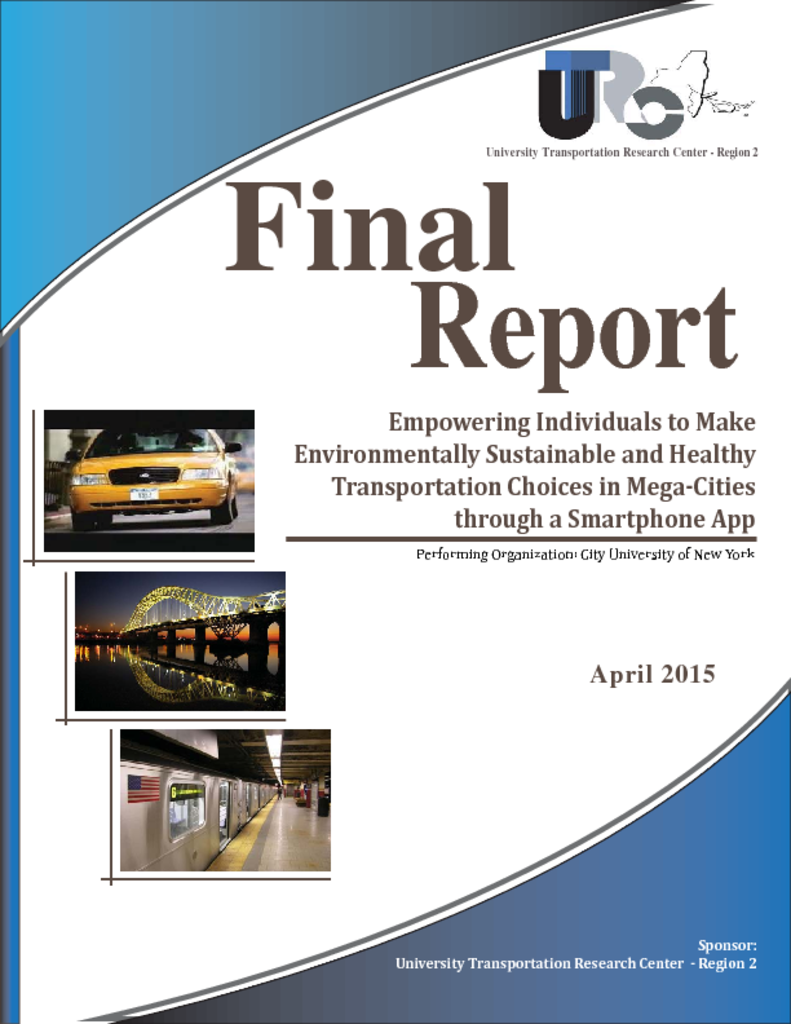A paradox of industrialized society is the overreliance on unsustainable fossil fuel energy for transportation and insufficient use of sustainable bodily energy for more physically active modes of transport. Different modes of transportation require varying levels of physical activity, with cars being the most sedentary, followed by public transportation, and active transportation (walking and biking). Preference (individual and societal) for sedentary travel modes such as car driving over available physically active travel modes has contributed to air pollution and the epidemic of obesity. Low-carbon transport systems have the potential to improve the health of citizens and to mitigate climate change simultaneously. Among the potential solutions for low-carbon transport systems, innovations in technology and demand reduction have received much attention, with less consideration toward behavioral options that are also critical to a decarbonized transport sector.




